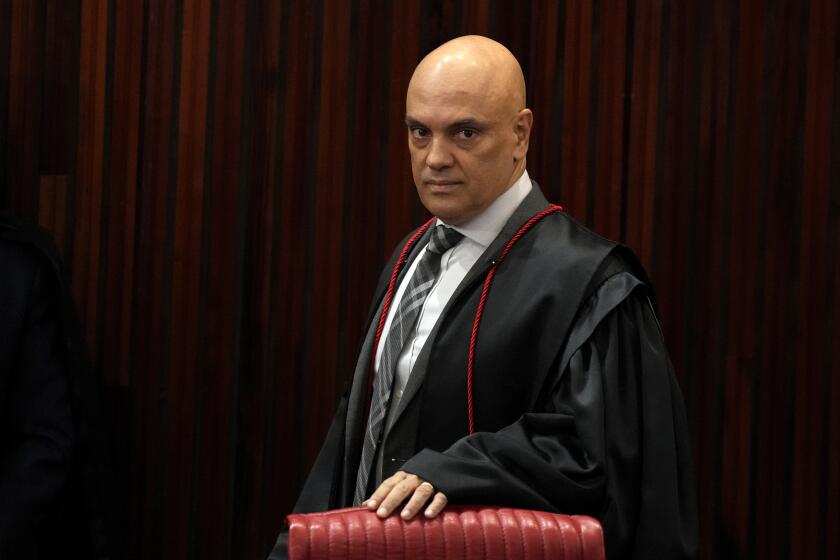FDIC Accused of Botching Sale of Failed Banks’ Loans
Congressional auditors accused regional banking regulators Wednesday of botching sales of loans acquired from failed banks, warning that problems discovered in Denver raise questions about the government’s entire asset-disposal program.
A stinging report issued by Congress’ General Accounting Office cited numerous errors involving asset dispositions by the Denver regional office of the Federal Deposit Insurance Corp., including the sale of five loans that actually had been paid off years earlier.
The investigators charged that the Denver office’s records on loan repayment status and cash receipts were lost and that loans were frequently grossly overvalued. So many “fundamental controls” were not performed that neither the FDIC nor prospective buyers could determine the true status of loans being offered for sale, the report charged.
“The magnitude of the errors could, if left uncorrected, erode investor confidence over time in FDIC offerings and hinder the agency’s loan sales program,” the report said.
FDIC officials said they agreed with the GAO’s findings and were correcting what they described as an isolated incident.
The FDIC is the federal agency that insures deposits at commercial banks and acquires outstanding loans and other assets when banks fail. In many cases, the agency tries to find private investors willing to purchase the loans, often at deep discounts.
The GAO investigation in Denver was triggered when a private investor complained that one-third of the $33 million in delinquent loans he bought from the FDIC in 1990 had been misrepresented. The investor supplied the GAO with information about the 25 worst cases from among the 818 loans bought from the regulatory agency.
The probe found problems with 23 of the 25 loans. The GAO found that the investor had paid $183,000 to the FDIC’s Denver office for five loans that were described as outstanding but actually had been paid off two years earlier.
The rest of the loans bought by the investor--valued by the FDIC at about $1.8 million--were worth considerably less because the FDIC had recorded nonexistent collateral or was offering loans that it did not wholly own or that were tied up in legal proceedings.
The auditors attributed the Denver office’s disarray to the large number of loans sold to a single investor, staff inexperience and a failure to follow agency procedures.
More to Read
Inside the business of entertainment
The Wide Shot brings you news, analysis and insights on everything from streaming wars to production — and what it all means for the future.
You may occasionally receive promotional content from the Los Angeles Times.






